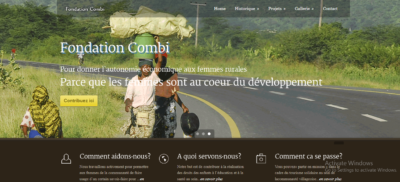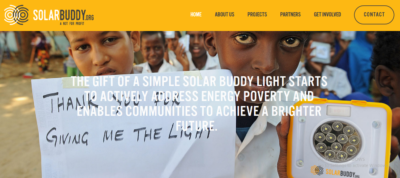By Rosemary Mirondo
Dar es Salaam — Tanzania is lagging behind many Sub Sahara Africa countries in terms of accessing credit as East African countries are reported to ease monetary policy.
Tanzania is ranked 13th out of the 15 economies, according to the latest Economic Insight: Africa Q3 2016 report launched by the Institute of Chartered Accountants in England and Wales (ICAEW) yesterday.
The accountancy and finance body points out that Rwanda and Zambia and Kenya top for ease of credit financing. The report, commissioned by ICAEW and produced by partner and forecaster Oxford Economics, provides a snapshot of the region’s economic performance focusing specifically on Kenya, Tanzania, Ethiopia, Nigeria, Ghana, Ivory Coast, South Africa and Angola.
“Access to finance is a vital driver of economic growth, so this is great news for Kenya. The interest cap enacted in Kenya benefits customers by both keeping the rates regulated, as well as spurring greater competition amongst banks. It could also further incentivise more accurate credit scoring. All of these measures should help Kenyan businesses in the longer term,” said Michael Armstrong, Regional Director, ICAEW Middle East, Africa and South Asia.
According to the report, Rwanda performed the best in Sub Saharan Africa after making several reforms to facilitate access to credit in the past 6 years. In second place was Zambia followed by Kenya, Ghana, Mauritius, Uganda, Namibia, Nigeria, South Africa, Botswana, Zimbabwe, Ivory Coast, Tanzania, Ethiopia and Angola. Kenya too has made gains in access to credit by enacting a law prohibiting banks from lending at rates higher than 4 per cent over the Central Bank rate.
Angola, which came in the bottom of the rankings, has only seen one reform made in the past 6 years regarding access to credit. Despite the country having the third largest banking system in Sub Saharan Africa after Nigeria and South Africa, only a small portion of the population is banked and few business apply for loans.













